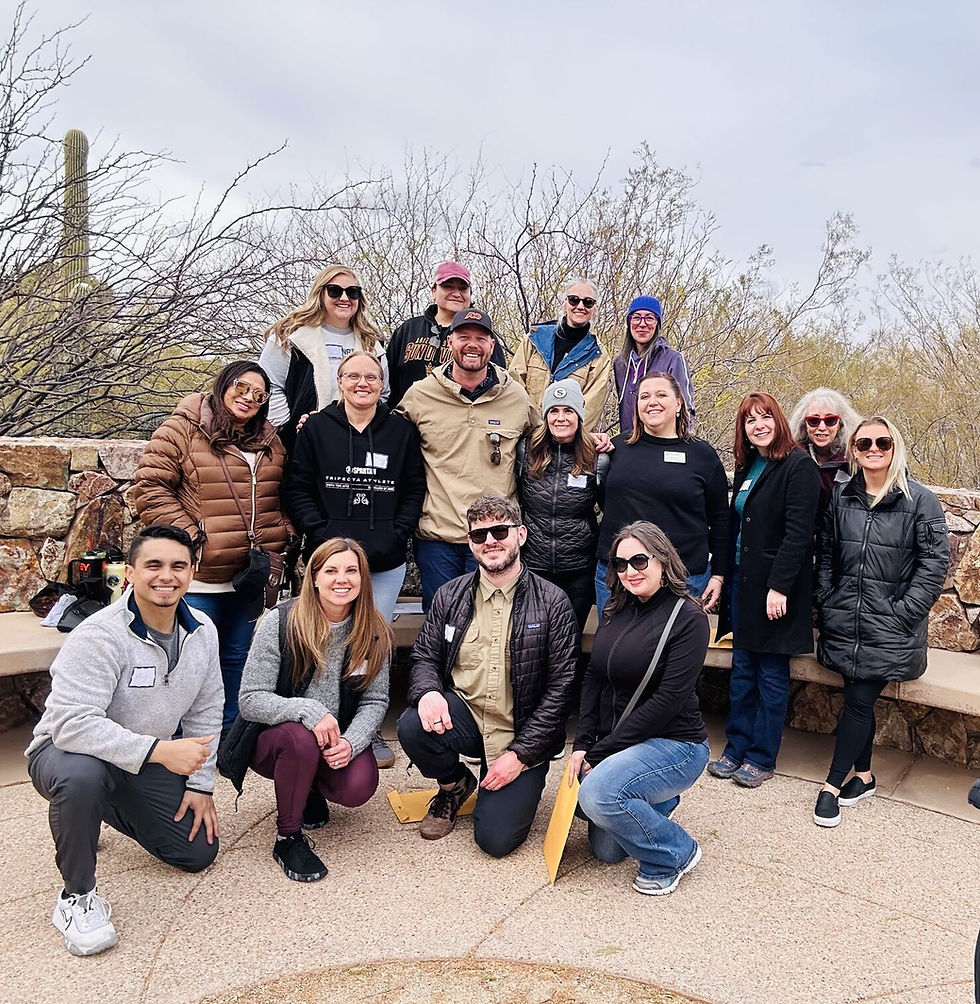Beyond the Ropes Course: Why Building Trust Through Team-Building is Crucial for Organizational Health
- Hilary Bass
- Aug 21, 2025
- 2 min read
When you hear "team building," do you picture an awkward ropes course, a trust fall that feels more like a leap of faith into a black hole, or a contrived happy hour? For many, these activities can seem like a waste of time—an interruption to the "real" work. But what if I told you that building trust is, in fact, the most important work your team can do?
Building trust is the bedrock of a healthy, high-performing organization. It's the invisible glue that holds a team together, enabling them to navigate challenges, innovate, and achieve extraordinary results. And while some level of trust forms naturally over time, intentional team building and retreats are powerful catalysts for accelerating this process.
The Problem: When Trust is Low
Without trust, a team operates in a constant state of low-grade friction. Here's what that looks like:
Communication breakdowns
Reduced psychological safety
Lower morale and higher turnover
The Solution: Building Trust, One Retreat or activity at a Time
A well-planned team-building retreat or activity is far more than a "day off" from work. It's a strategic investment in the health of your organization and the well-being of your people. Here's how it helps build trust:
· Humanizing Our Colleagues
· Creating a Foundation of Psychological Safety
· Enhancing Communication and Collaboration
· Strengthening a Shared Sense of Purpose:
· Beyond the One-and-Done
The ROI of Trust
The return on investment for building trust is immense. Organizations with high-trust cultures report:
Higher employee engagement and job satisfaction
Increased innovation and creativity
Improved productivity and performance
Lower stress levels and better mental health among employees
So, the next time someone suggests a team retreat, don't roll your eyes. See it for what it is: an essential investment in the health of your organization and the people who make it successful. Because a team that trusts each other isn't just a group of people working together—it's a force multiplier. Need some ideas? Let's talk.




Comments